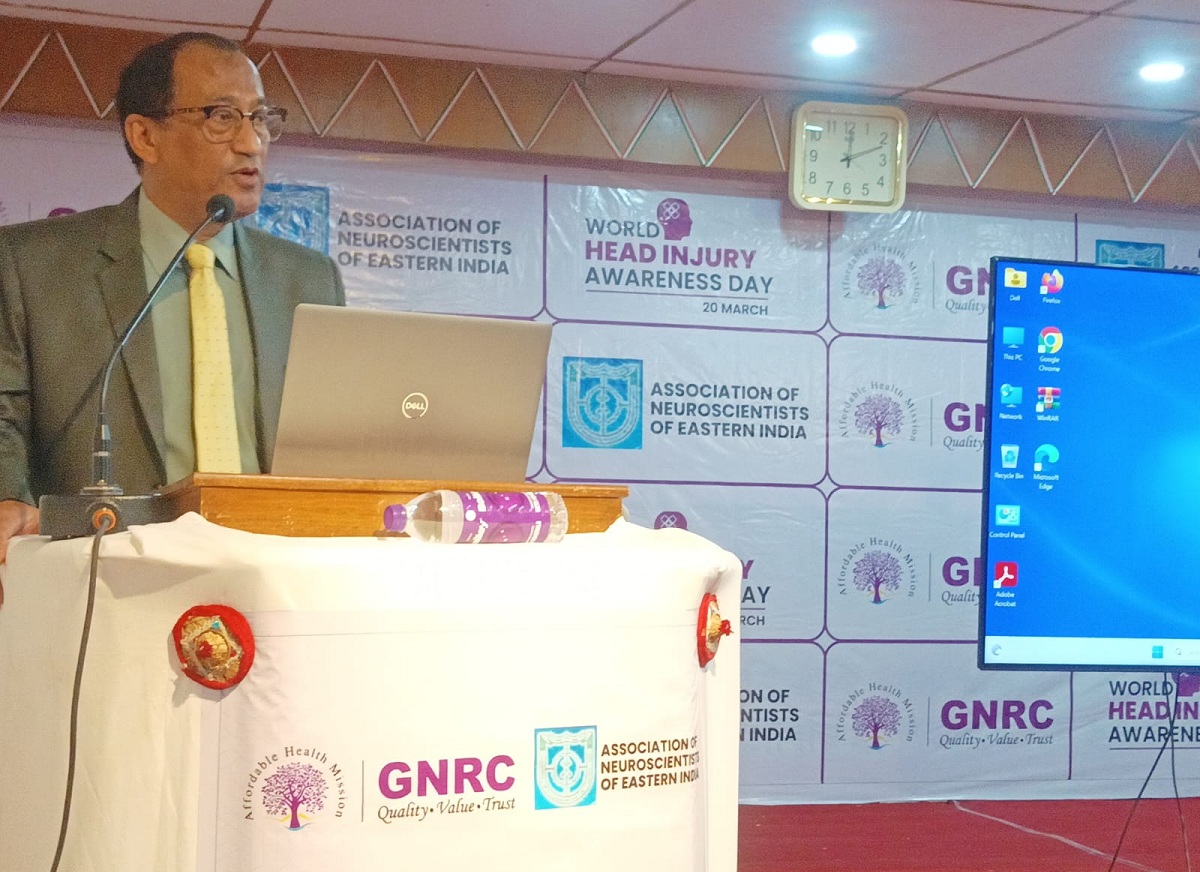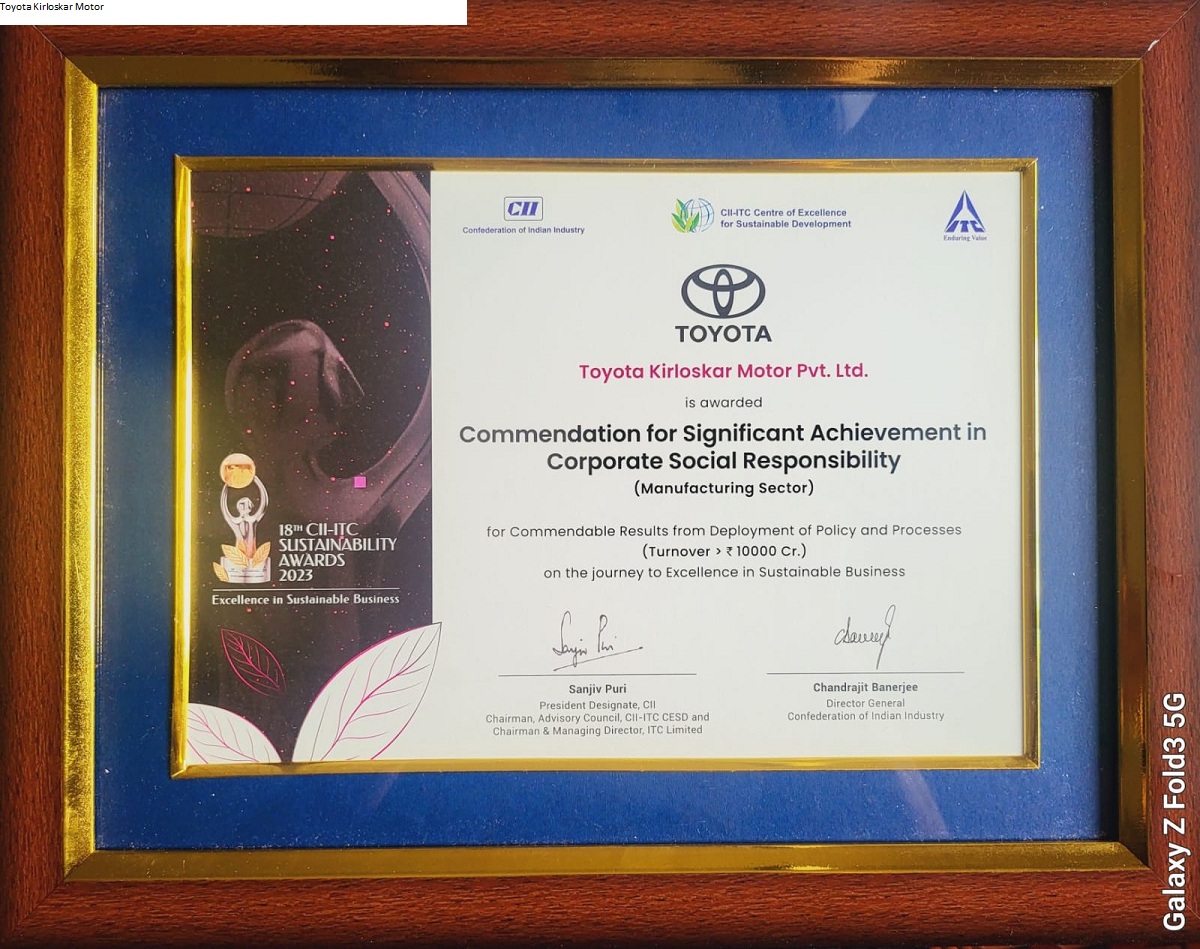GNRC, the leading super-speciality hospital in North East India, commemorated World Head Injury Awareness Day today with a firm commitment to increasing awareness about head injuries and advocating for preventive measures. This occasion serves as a poignant reminder of the imperative to educate the public on mitigating the risks associated with head injuries, highlighting the pivotal role of safety devices such as seat belts and helmets in averting potential brain damage during accidents. In a statement welcoming the press and citing the significance of the day, Dr. Navanil Barua, Director of the Department of Neurosurgery at GNRC Hospitals, underscored the alarming prevalence of traumatic brain injuries (TBIs) in India. Dr. Barua emphasized, “Road traffic crashes remain the primary cause of head injuries, especially among young adult males. With over 1.8 million individuals seeking hospital care for TBIs annually, the healthcare system faces significant strain. Approximately 220,000 deaths are recorded each year due to TBIs, while over 1 million survivors require rehabilitation.”
Joining Dr. Barua were esteemed colleagues Dr. Nabajyoti Bora and Dr. Inamul Haque, who echoed the urgency of addressing this critical public health concern. Dr. Ashish Malakar, Group CEO of GNRC Group of Hospitals shed light on GNRC’s proactive initiatives aimed at serving the community and providing timely care to emergency patients. Since the inception of 24-hour free Emergency Services in July 2014, GNRC has provided assistance to over 1,83,000 individuals grappling with various emergency medical conditions, demonstrating an unwavering commitment to delivering quality healthcare.
In closing remarks, Dr. Subrat Deb Bhagabati, Chief Operating Officer of GNRC Dispur, expressed gratitude to Dr. Navanil Barua for his enlightening insights into the gravity of the issue. Dr. Bhagabati affirmed GNRC’s dedication to the principle of “Health for All, Smiles for All,” pledging to lead numerous initiatives aimed at raising awareness about preventive measures and ensuring prompt, appropriate intervention.




